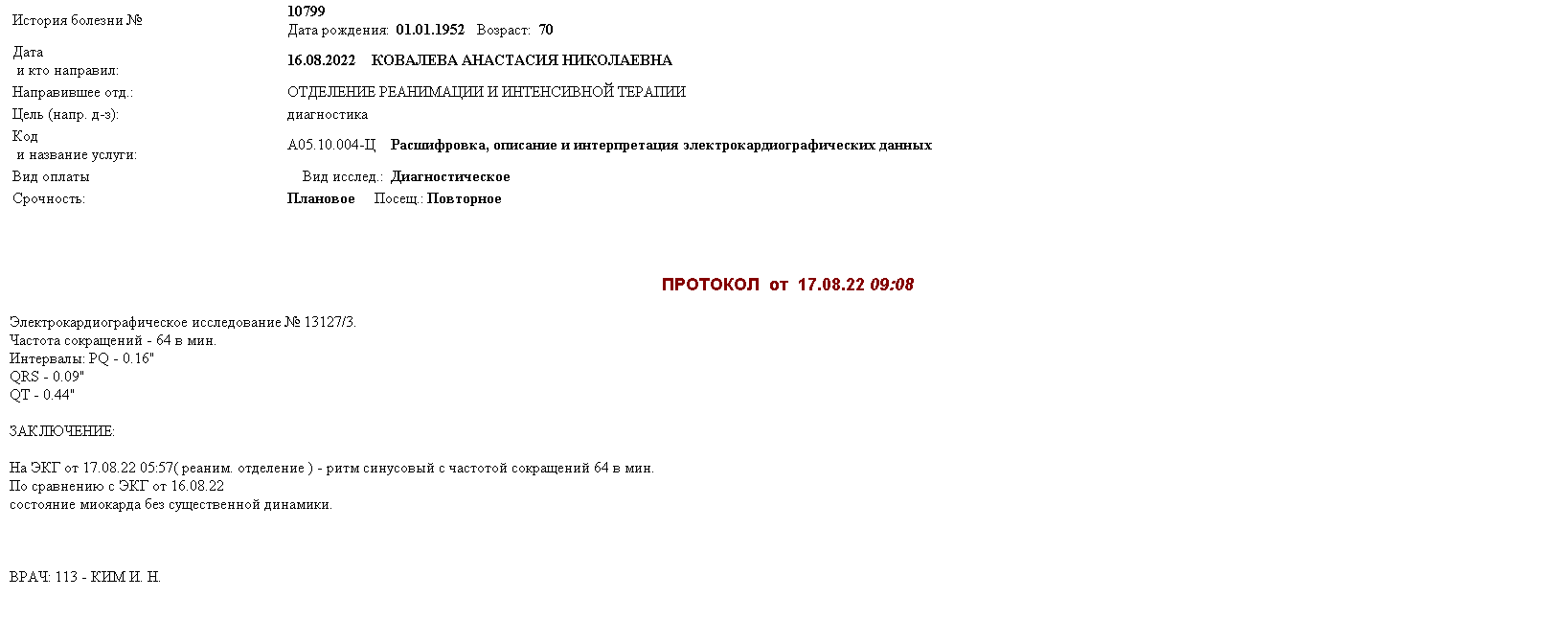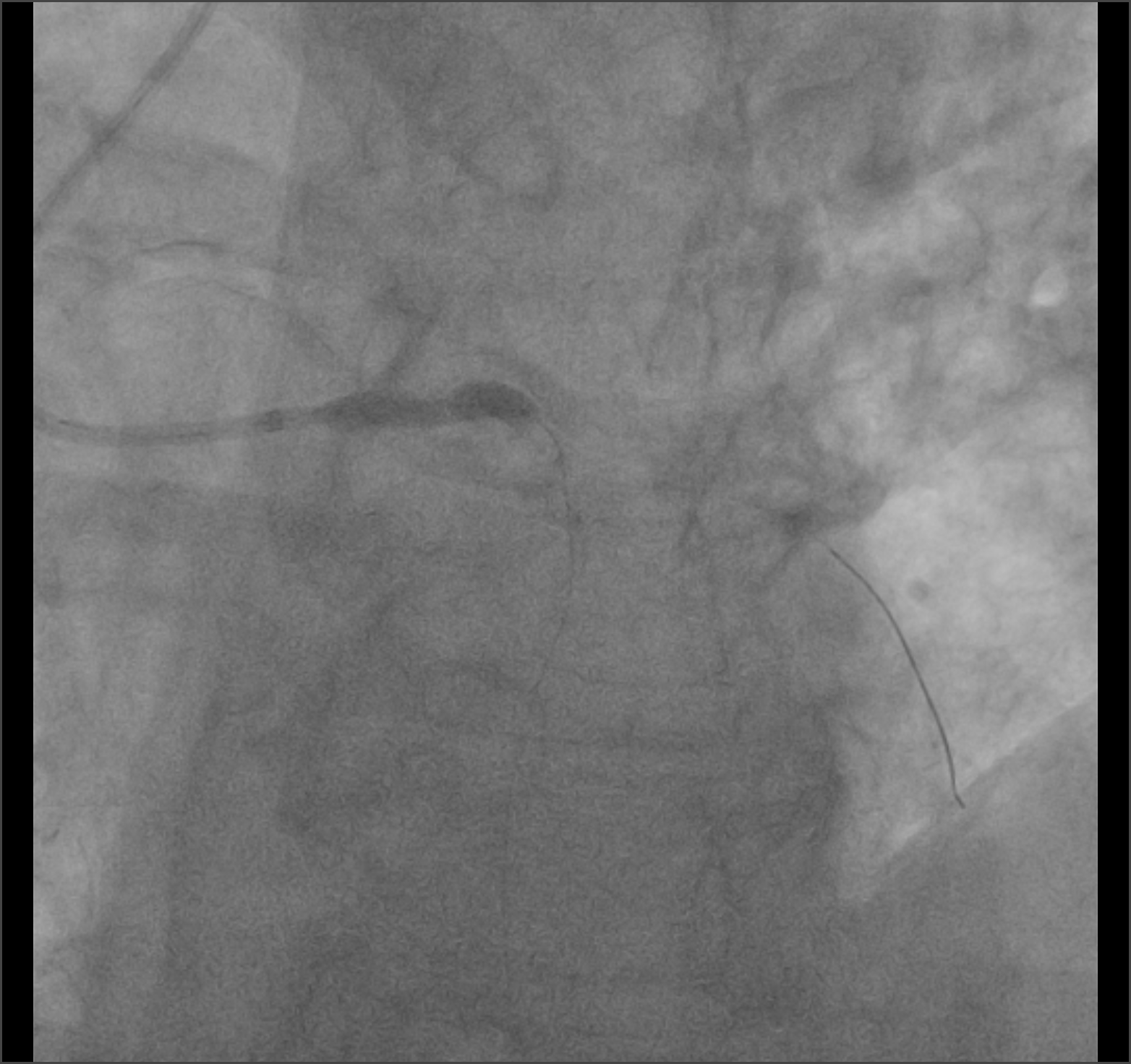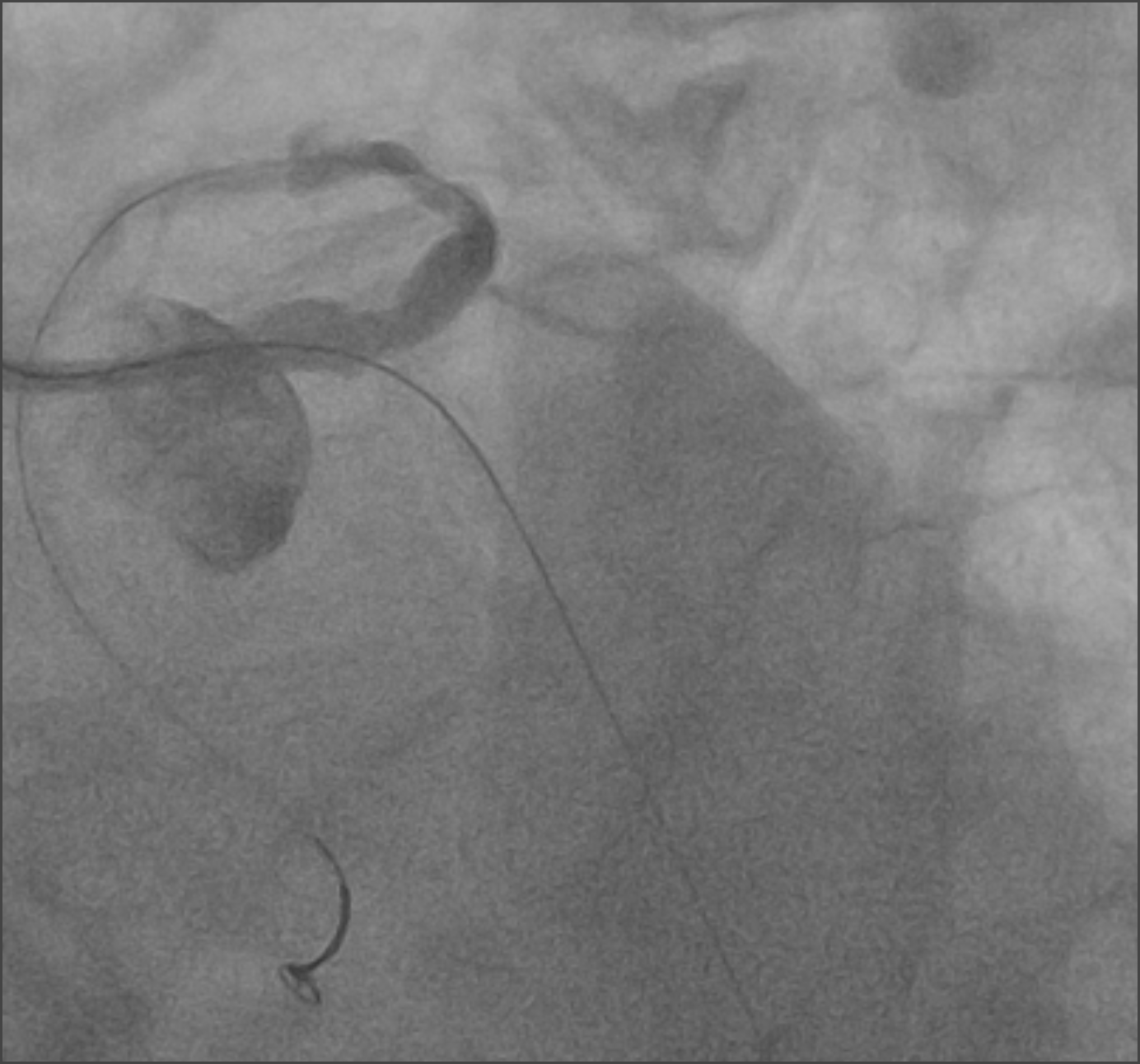Lots of interesting abstracts and cases were submitted for TCTAP 2025. Below are the accepted ones after a thorough review by our official reviewers. Don’t miss the opportunity to expand your knowledge and interact with authors as well as virtual participants by sharing your opinion in the comment section!
TCTAP C-126
PCI From LM, Retrograde Recanalization of the RCA
By Emelyanov Pavel, Alexey Sozykin, Aleksandr Shlykov, Lyudmila Ulyanova, Delikov Chingiz, Novikova Natalia, Lozovsky Igor
Presenter
Ulyanova Lyudmila
Authors
Emelyanov Pavel1, Alexey Sozykin1, Aleksandr Shlykov1, Lyudmila Ulyanova1, Delikov Chingiz1, Novikova Natalia1, Lozovsky Igor1
Affiliation
Petrovsky National Research Center of Surgery, Russian Federation1,
View Study Report
TCTAP C-126
Coronary - Complex PCI - Multi-Vessel Disease
PCI From LM, Retrograde Recanalization of the RCA
Emelyanov Pavel1, Alexey Sozykin1, Aleksandr Shlykov1, Lyudmila Ulyanova1, Delikov Chingiz1, Novikova Natalia1, Lozovsky Igor1
Petrovsky National Research Center of Surgery, Russian Federation1,
Clinical Information
Patient initials or Identifier Number
Relevant Clinical History and Physical Exam
A patient with severe clinical angina at the level of the 3rd functional class. He also suffers from hypertension, the maximum figures are up to 220 and 120 mm Hg. The patient underwent a stress test on an outpatient basis. The stress test was positive.


Relevant Test Results Prior to Catheterization
The patient underwent coronary angiography in our clinic. The results of which revealed damage to the Left Main and chronic total occlusion of the RCA.
Relevant Catheterization Findings
Interventional Management
Procedural Step
At the first stage, it was decided to perform PCI of the Left Main, but difficulties arose in guiding the guide wire during recrossing. Only a rigid wire (Gaya Second) was able to overcome the DES cell. Next, a second stent was implanted into the circumflex artery. second step, after some time, the patient underwent retrograde recanalization of the RCA. Several recanalization techniques were used during RCA recanalization. The retrograde conductor was placed behind the occlusion site using the kissing conductor technique good angiographic results.




Case Summary
1.Contralateral imaging is mandatory in the absenceContralateral imaging is mandatory in the absence of intrasystemic collaterals. 2.The availability of instruments and the ability of the team to use retrograde recanalization techniques, is an important prerequisite, for the interventional laboratory. 3. Bilateral transradial access 6 Fr, in most cases allows to carry out retrograde recanalization of CA comfortably.


